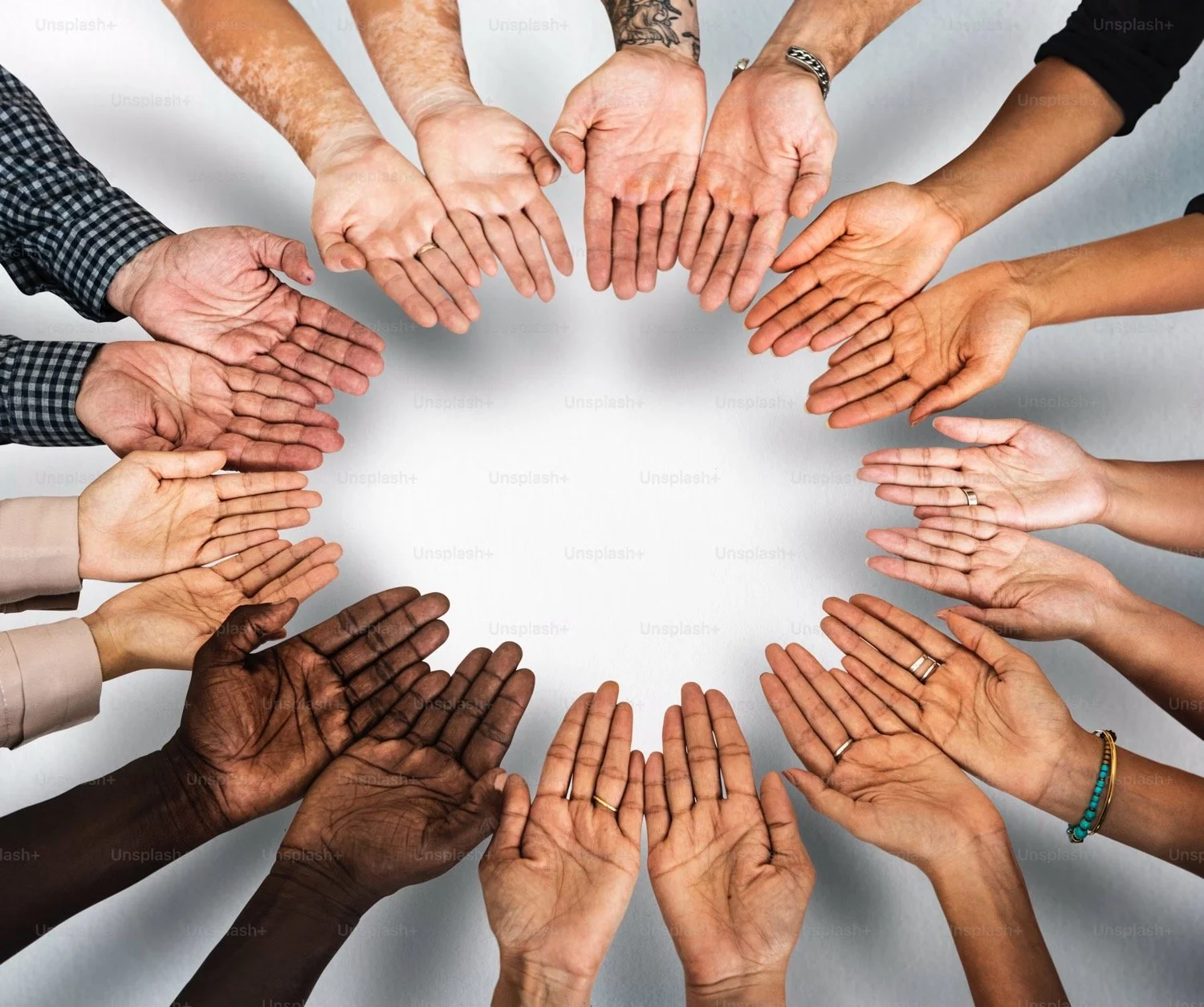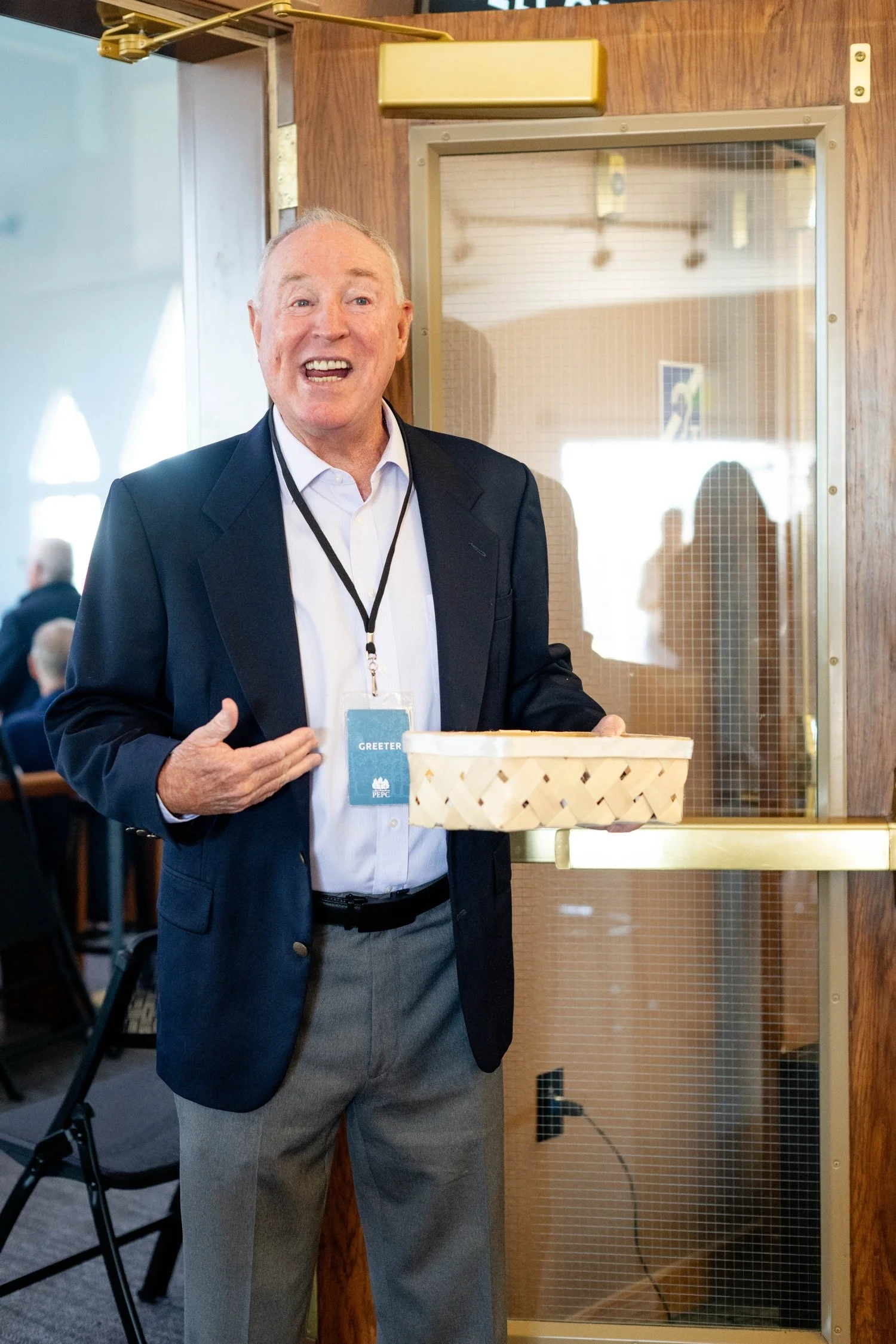Readings for today: 2 Samuel 8-9, 1 Chronicles 18
“And King David said, "Is there not still someone of the house of Saul, that I may show the kindness of God to him?" (2 Samuel 9:3) It’s hard for us to imagine how radical this action would have been. David lived in a brutal world. A world full of violence and suffering and pain. A world where one’s family. One’s tribe. One’s nation was everything. It was a world where honor was paramount. Shame to be avoided at all costs. There were strict cultural expectations regarding how one acted when one was treated dishonorably.
Saul shamed David before Israel. He unjustly accused him. He sought to kill him. He pursued him in the wilderness. He tried to discredit him. He did all he could to destroy him and his family. Now the tables are turned. And the expectations are clear. Everyone in ancient Israel knew what was coming. David would destroy Saul’s family to the last person. He would eradicate Saul’s name from the earth. He would leave no stone unturned. No one behind lest that person become a seed of discontent and rebellion in the future.
But once again, David defies his culture’s expectations. Instead of seeking to destroy the house of Saul, he seeks to forgive. To bless. To honor. So he asks his servants if there is anyone left of Saul’s family. There is. A grandson. A crippled man named Mephibosheth. Even better, he is a son of David’s beloved friend, Jonathan. David has him brought in. Honors him by restoring all Saul’s lands and property to him. Gives him a place at the king’s own table. It’s a stunning act of kindness, mercy, and generosity. And it communicates to the entire nation that David is no ordinary, ancient near east king.
What motivated David? The kindness of God. David was humble at this point in his life. He knew his life was a testimony to grace. David was a shepherd. He fully expected to live his life as a shepherd. But God - through His great mercy - had raised him up to be king. And having been on the receiving end of God’s kindness, David now extends it out even to his enemies.
What about us? The greatest poverty in our world today is the poverty of grace. The poverty of kindness. The poverty of mercy. We are so quick to judge. So quick to become enraged. So quick to attack others. In my experience, very few people engage in any sort of honest self-reflection. Very few people actually acknowledge their biases and privilege and short-comings much less confess their sin. Very few people make themselves vulnerable to the point of revealing their own weaknesses. Sure, people talk about how they’ve been hurt. Wounded. Abused. Those terms - sadly - have almost become cliche. But they almost never talk about how their choices contributed to their own pain. And because they perceive themselves to be the victim, they do not forgive very easily.
But what if we saw ourselves as God sees us? What if we honestly acknowledged the fact that we are as sinful as anyone else. Just as capable of hurting others as we are of being hurt. Just as capable of wounding others as we are of being wounded. Just as capable of inflicting pain as we are of experiencing it. What if we looked in the mirror and saw both perpetrator and victim? And what if - in that moment - we turned to God rather than self-condemnation? What if we experienced the grace and mercy and kindness of God even for sinners such as ourselves? Perhaps then we would be able to extend that same grace and mercy and kindness out to others. Even those who have hurt us. Even to our enemies.
Sadly, I find such faith in short supply these days. And I believe it exposes a fundamental flaw in our relationship with God. We cannot give to others what we have not received ourselves. And too many of us believe the lie that God will bless us because we are “good.” Too many of us believe the lie that God affirms us without reservation. Too many of us believe the lie that we deserve God’s love. In short, we do not believe in grace. We do not believe we’ve done anything to merit God’s mercy. We believe God has to be kind to us or else. And so we live largely graceless, merciless, intolerant lives especially towards those who are not like us. Those who have hurt us. Those we consider to be our enemies. Sure, we are gracious and merciful and kind to those we love and like but woe to them if they should ever betray our trust or speak ill of us or refuse to affirm us. Jesus says, “Love your enemies and pray for those who persecute you…For if you love those who love you, what reward do you have? Do not even the sinners do the same? And if you greet only your brothers and sisters, what more are you doing than others? Do not even the unbelievers do the same?” (Matthew 5:44, 46-47) Grace. Mercy. Kindness. These are not intellectual ideas but eternal realities. They flow from a deep, intimate relationship with Jesus. They are only made possible through the abiding presence of the Holy Spirit. May you seek these things from God today.
Readings for tomorrow: 2 Samuel 10, 1 Chronicles 19, Psalms 20, 53, 60, 75




